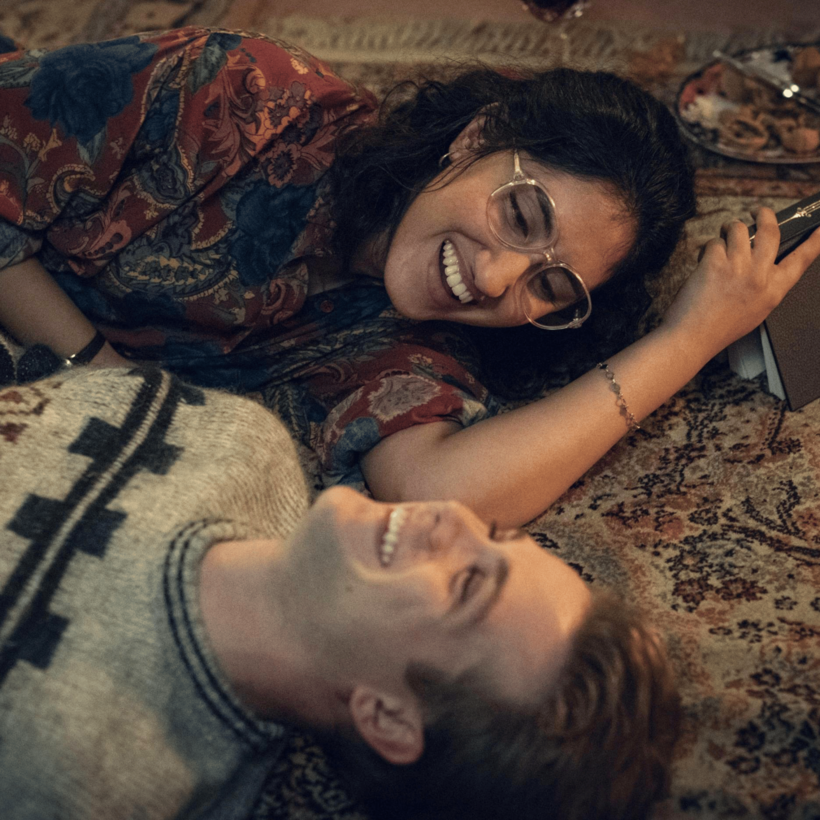“So. What’s the next book going to be?” I really didn’t have an answer. I’d stumbled a little as a TV screenwriter — a returning series that had failed to return — and so had turned to writing fiction and had promptly stumbled there too. My first novel, Starter for Ten, had done well but, like many debuts, had used up a lifetime’s worth of jokes and stories and the follow-up, The Understudy, had not come as easily. If second novels are famously hard to write, then a third seemed impossible. I thought I might write a love story this time, “something epic”, but that was as much as I had.
Thankfully, Tess of the d’Urbervilles came along, a dream television job, adapting a book that I’d loved as a teenager, tearing through all of Thomas Hardy’s novels, ostentatiously moved by the fate of poor Henchard, poor Jude, poor Tess. In our BBC production she was played beautifully by Gemma Arterton, with Eddie Redmayne as her Angel; here was a proper love story, an epic.


